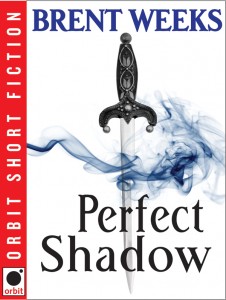Certain times of the year I have odd dreams. Just about the time I’m drifting off to sleep, I find myself in an outdoor tea party. You know the type. There are all these women in sleeveless dresses in spring colors that match the tasteful mid-heel pumps they are wearing. In the corner, over by a small fountain, a group of middle aged (like me) women are talking. I can’t hear what they are saying, but their harsh, high-pitched laugh rings through the garden.
“Oh,” I think, stirring in my bed and opening my bleary eyes. “The coyotes are singing us to sleep.”
They sound like the ladies in my dreams. Their laughing voices aren’t beautiful or powerful, the way a wolf’s is, but they are incredibly cheerful. There are several dens of coyotes who live in the field behind our house, eating the mice who live in the nearby orchards and vineyards. The pioneers used to call coyotes “prairie song-birds”. I keep their voices in my head as I write about my little coyote shapeshifter. There are other voices I hear as well.
In the remote valley my husband’s family used to live in, we would listen to the coyotes sing early in the evening. They were answered by any dogs nearby (usually the only ones in hearing range belonged to us). Then a lone voice would sound through the trees, maybe from miles away because that’s how sound carries out in the wilderness. And all the other noise would cease. Not a dog or a coyote would answer — only the wolves.
My poor words cannot convey the eerie majesty of their song. Safe on the porch of the big log house, we humans would smile as the wolves serenaded us. But we knew that if we’d been out walking in the dark woods, our reactions would have been a lot different. The songs of the wolves didn’t often last very long. Just a few minutes. When they were done, sometimes a single coyote would call its defiant, laughing answer before slinking off into the darkness.
*
Patricia Briggs is a bestselling urban fantasy author who’s perhaps best known for her Mercy Thompson series. This features the feisty Mercy Thompson who is a mechanic, a coyote shapeshifter and possesses a powerful sense of curiosity that sees her getting into more than her fair share of supernatural trouble.








